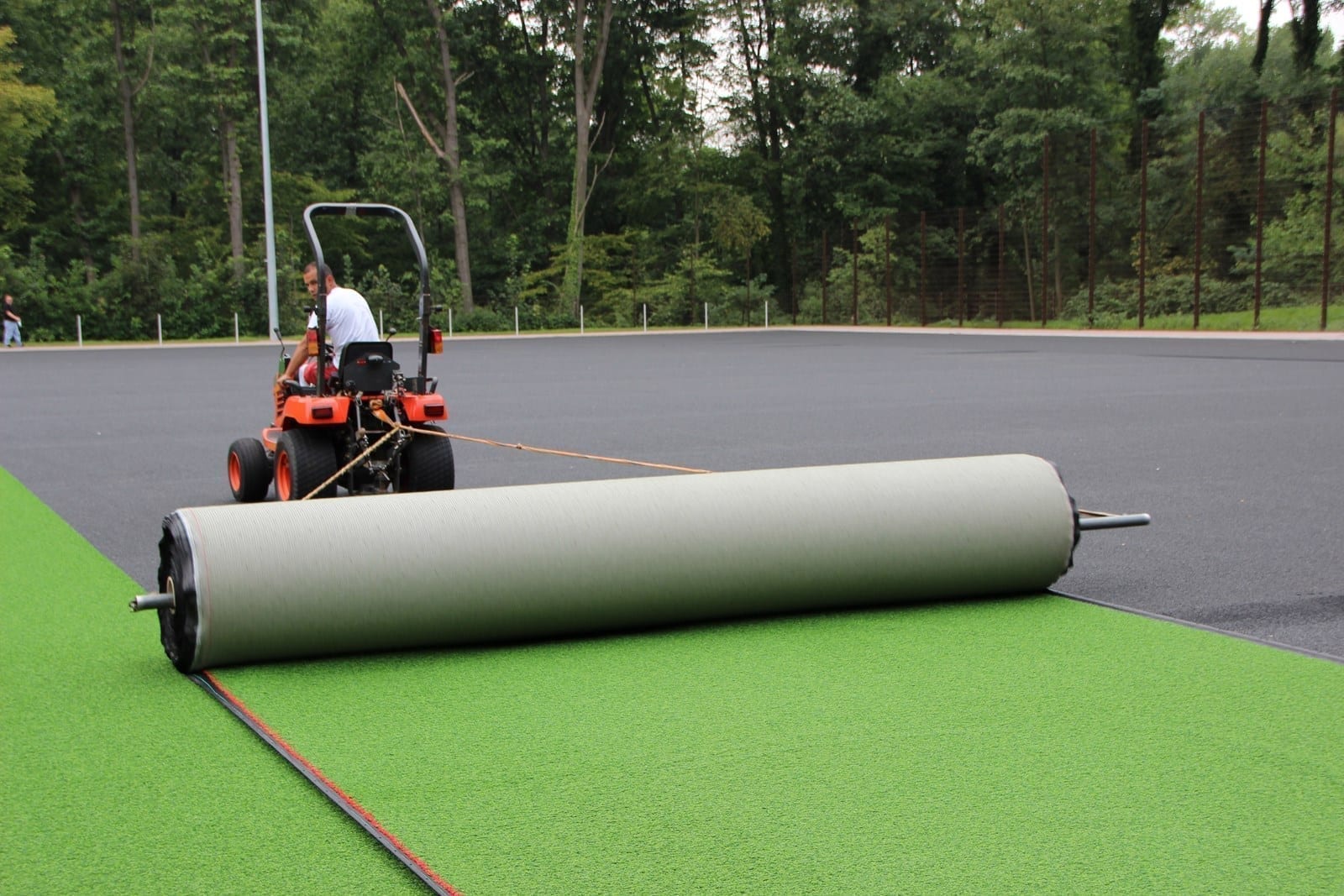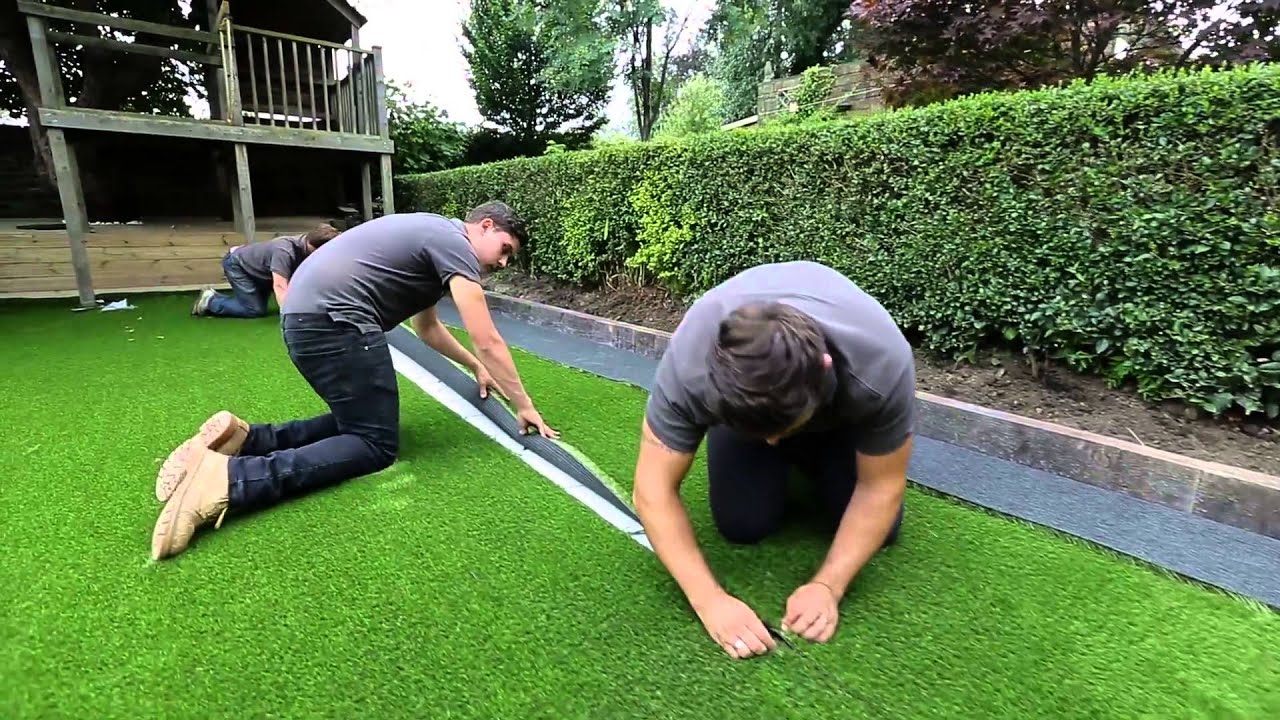Weather-Resistant Arizona Artificial Turf for Residential and Business Applications
Weather-Resistant Arizona Artificial Turf for Residential and Business Applications
Blog Article
See Why Homeowners Prefer Artificial Grass for Sustainable Landscape Design Practices
As home owners progressively focus on sustainability in landscaping, fabricated grass has actually arised as a compelling option to traditional yard. What stays to be explored is the complete range of benefits that man-made lawn can use to property owners and the setting alike.
Water Conservation Perks
One of the most significant benefits of synthetic grass is its role in water conservation. Traditional lawn yards call for substantial amounts of water to keep their lush appearance, often causing overuse of neighborhood water sources, specifically in deserts. On the other hand, synthetic grass eliminates this demand totally, as it does not require irrigation. This not only conserves water however additionally reduces the strain on community water systems, especially during drought conditions.
Moreover, the setup of synthetic grass can add to a more sustainable landscape. Property owners can considerably reduce their water bills, permitting reallocation of resources to other environmental campaigns or house usages. Furthermore, synthetic grass is made to withstand various climatic conditions without the requirement for extra watering, making it a perfect choice for regions encountering water shortage.
The environmental advantages expand beyond immediate water cost savings. By minimizing water intake, synthetic grass helps to mitigate the effects of environment change, preserving essential ecological communities that are endangered by too much water removal. As lasting landscape design practices gain grip, synthetic grass becomes a responsible option for property owners looking for to create environment-friendly exterior areas.
Lowered Maintenance Initiatives
Synthetic grass dramatically reduces upkeep initiatives contrasted to conventional lawn lawns. With man-made yard, property owners can remove the time-consuming tasks connected with all-natural landscaping, such as mowing, fertilizing, and weeding. This not only conserves beneficial time but likewise lowers physical labor, making grass care easily accessible for people of every ages.
Traditional lawns call for regular trimming to maintain an aesthetically pleasing elevation, whereas fabricated lawn stays constantly rich without the need for reducing. In addition, home owners no much longer need to use plant foods or pesticides, which are typically required to keep all-natural turf healthy and balanced.
Moreover, man-made grass is long lasting and resilient, needing minimal upkeep past periodic cleaning and washing to remove particles. This simplicity of upkeep enables property owners to enjoy their exterior spaces without the consistent worry of maintenance, supplying even more time for recreation and family activities. Inevitably, the decreased upkeep efforts related to synthetic grass make it an appealing choice for those looking for a low-maintenance, visually appealing landscape.

Environmental Influence Reduction
There is an expanding recognition of the environmental advantages related to fabricated grass, specifically in terms of water preservation and decreased chemical use. Conventional grass need substantial amounts of water, specifically in drought-prone regions, leading to enhanced pressure on local water resources. In contrast, synthetic grass gets rid of the requirement for watering, substantially decreasing water intake and advertising sustainability.
Additionally, conventional grass upkeep typically entails the application of fertilizers, herbicides, and pesticides, which can add to dirt and water pollution. Man-made grass minimizes this ecological hazard by needing very little maintenance and virtually getting rid of the requirement for unsafe chemicals. This not just enhances soil health but likewise protects local environments from hazardous drainage.
In addition, the manufacturing of all-natural grass yards normally includes the usage of nonrenewable fuel sources for mowing and landscaping equipment, further contributing to greenhouse gas emissions. By picking synthetic grass, home owners can dramatically decrease their carbon impact connected with lawn treatment tasks.
Visual Charm and Adaptability
In enhancement to its ecological benefits, synthetic grass provides substantial aesthetic appeal and convenience for landscaping. House owners can attain a rich, environment-friendly appearance year-round, eliminating the seasonal changes frequently related to natural turf. This regular aesthetic not only improves the visual charm of a residential property yet also contributes to a well-maintained and refined look.
Additionally, synthetic grass is offered in a range of designs, colors, and appearances, enabling personalization to fit private preferences and design themes - Phoenix turf companies. Whether made use of in domestic yards, industrial areas, or recreational areas, it can flawlessly integrate right into diverse landscape design styles, from contemporary minimalist to lavish tropical settings
The versatility of synthetic turf extends past mere appearance; it can be installed in numerous places, including rooftops, outdoor patios, and also interior spaces, navigate to this website creating possibilities for distinct landscaping remedies. Furthermore, it is ideal for a series of activities, from youngsters's play locations to pet-friendly environments, giving performance without compromising design.
Ultimately, the visual charm and flexibility of synthetic grass make it an eye-catching alternative for homeowners looking for lasting landscaping remedies that do not compromise elegance for environmental duty.

Long-Term Cost Savings
One of the most engaging advantages of synthetic lawn is its capacity for lasting price savings. Unlike natural lawn, which calls for normal maintenance-- including mowing, watering, feeding, and parasite control-- artificial grass significantly decreases these recurring expenditures.
Additionally, synthetic grass has a life-span of 15 to 25 years, depending on its quality and usage. This toughness minimizes replacement costs, making it a more economical option in the long run. In addition, the check this site out first financial investment in man-made grass can usually be redeemed via the financial savings accumulated gradually.
While the ahead of time price may seem higher contrasted to turf setup, the advancing cost savings from decreased maintenance and water use commonly exceed these initial expenses. Eventually, the adoption of synthetic grass not only advertises a sustainable landscaping remedy however also supplies home owners an economically savvy option that lines up with long-term budgeting objectives.
Final Thought
Synthetic grass becomes a compelling option for lasting landscaping, supplying significant benefits in water conservation, minimized upkeep initiatives, and decreased environmental impact. Its visual appeal and convenience enhance the visual landscape while straightening with modern sustainability objectives. Long-lasting price savings contribute to its good looks for homeowners. As neighborhoods increasingly focus on eco-friendly practices, the adoption of synthetic grass represents a progressive step towards achieving resistant and sustainable landscapes.
Furthermore, man-made grass is developed to stand up to different climatic conditions without the need for supplementary watering, making it a perfect choice for regions dealing with water shortage. (Arizona artificial turf)

Fabricated grass emerges as an engaging choice for sustainable landscape design, using significant benefits in water conservation, reduced maintenance initiatives, and reduced environmental effect.
Report this page